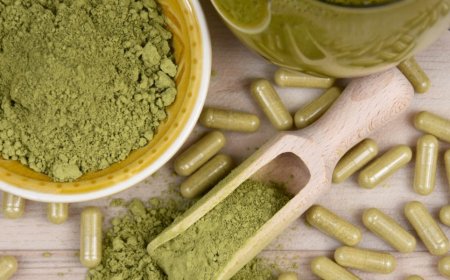Understanding Acid Reflux, Heartburn, and Indigestion: Causes, Symptoms, and Relief
Most people have experienced a burning sensation in the chest or discomfort in the stomach after eating. These symptoms are commonly linked to acid reflux, heartburn, and indigestionthree related but distinct digestive issues that can affect your quality of life. Although these conditions are often used interchangeably, understanding their differences and how to manage them is key to long-term relief.
Zoraft Double Actionis a combination pharmaceutical product formulated to provide fast and long-lasting relief from symptoms ofacid reflux, heartburn, and indigestion. It typically combines two active ingredients: anantacid(such as calcium carbonate or magnesium hydroxide) for immediate acid neutralization and anH2-receptor antagonistorproton pump inhibitor (PPI)(like ranitidine or omeprazole) for prolonged acid suppression.
What Is Acid Reflux?
Acid reflux occurs when stomach acid flows back into the esophagusthe tube that connects your mouth to your stomach. This happens when the lower esophageal sphincter (LES), a ring of muscle at the base of the esophagus, fails to close properly after food enters the stomach.
Common causes of acid reflux include:
-
Eating large meals or lying down after eating
-
Being overweight or obese
-
Smoking
-
Pregnancy
-
Eating spicy, acidic, or fatty foods
-
Drinking alcohol, coffee, or carbonated beverages
-
Taking certain medications (e.g., anti-inflammatories or blood pressure drugs)
What Is Heartburn?
Heartburn is a symptom of acid reflux. It feels like a burning pain in the chest, just behind the breastbone, and often occurs after eating or at night. The pain can get worse when lying down or bending over.
Although the term heartburn suggests a heart issue, it actually has nothing to do with the heart. However, its important not to ignore frequent heartburn, as it may be a sign of gastroesophageal reflux disease (GERD)a chronic and more severe form of acid reflux that may require medical treatment.
What Is Indigestion?
Indigestion, or dyspepsia, is a general term for discomfort or pain in the upper abdomen. Its not a disease itself, but a collection of symptoms that may include:
-
Bloating
-
Nausea
-
Burping
-
Feeling overly full after eating
-
A mild burning or aching in the stomach area
Indigestion may be caused by overeating, eating too quickly, consuming fatty or spicy foods, or stress. Sometimes it can be linked to underlying conditions such as ulcers, gastritis, or gallbladder disease.
How Are They Connected?
While acid reflux and heartburn are directly related, indigestion can occur independently or alongside them. For instance, someone with acid reflux may also feel bloated or nauseoussymptoms commonly associated with indigestion.
Simple Lifestyle Changes for Relief
Making small adjustments to your daily routine can go a long way in preventing and relieving these digestive issues:
1. Watch Your Diet
-
Avoid trigger foods such as citrus, tomatoes, garlic, onions, chocolate, caffeine, and alcohol.
-
Eat smaller, more frequent meals instead of large ones.
-
Limit high-fat or fried foods that delay stomach emptying.
2. Eat Mindfully
-
Dont rush mealschew slowly and thoroughly.
-
Avoid lying down or bending over for at least 23 hours after eating.
3. Maintain a Healthy Weight
Excess abdominal weight puts pressure on the stomach and increases the risk of acid reflux and heartburn.
4. Quit Smoking
Smoking weakens the LES and can make acid reflux worse.
5. Elevate Your Head While Sleeping
Using a wedge pillow or raising the head of your bed by 68 inches may help prevent nighttime reflux.
When to See a Doctor
Occasional acid reflux, heartburn, or indigestion is usually manageable with lifestyle changes and over-the-counter medications like antacids, H2 blockers, or proton pump inhibitors (PPIs). However, chronic symptoms or sudden, severe pain should not be ignored.
See a doctor if you experience:
-
Frequent heartburn (more than twice a week)
-
Difficulty swallowing
-
Unexplained weight loss
-
Vomiting or blood in stool
-
Chest pain that mimics heart attack symptoms
Final Thoughts
Acid reflux, heartburn, and indigestion may seem minor at first, but if left unmanaged, they can significantly disrupt your comfort and daily life. Fortunately, with the right dietary habits, stress management, and medical guidance when needed, you can get your digestion back on track and enjoy your mealswithout the burn.






































